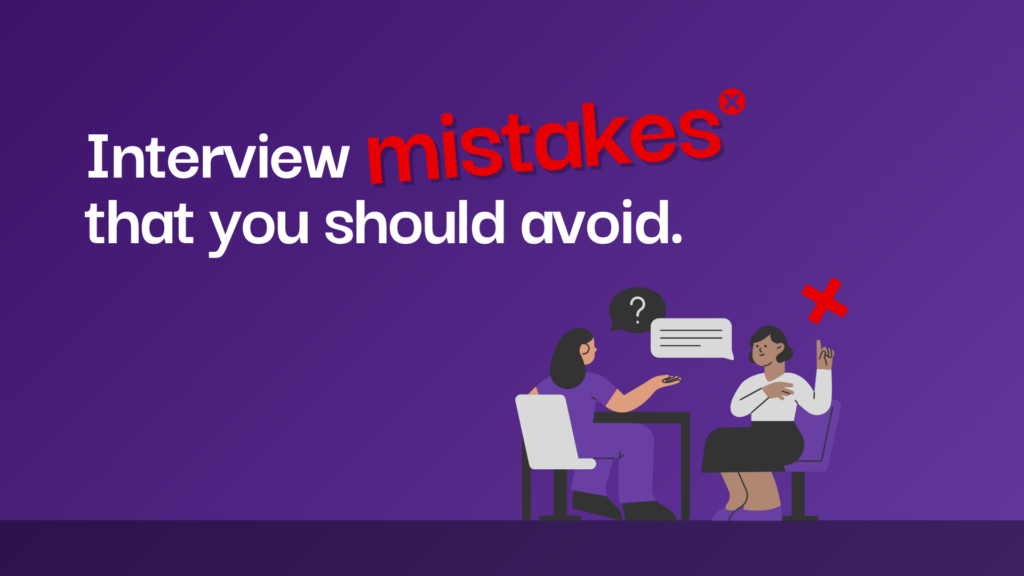While this will seem like a tricky or maybe uncomfortable query, it’s a vital part of the interview manner. Hiring managers ask this question to recognize your career trajectory, examine your reasoning, and gauge whether you’re at all likelihood of being awesome in shape for their company. Answering this question tactfully is crucial.
Here’s how you could approach it to go away a fantastic influence, even as staying expert and authentic.
1. Be honest but Tactful
When answering the question, “Why did you depart your remaining process?” honesty is key. However, it’s essential to provide the facts in a manner that displays them positively to you. If you left due to workplace issues, cognizance of the choice for boom in place of criticizing the organization or your former colleagues. For example: The wrong answer: “My manager was lousy, and the surroundings changed into toxic.”
The right way to answer: “I changed into seeking out a more supportive and growth-oriented environment.” This method shows that you specialize in what you want to thrive professionally, as opposed to residing on negativity.
2. Avoid speaking negatively about your former Employer
No matter how tempting it is to be, keep away from badmouthing your previous organization. Criticizing your former business enterprise can enhance purple flags with interviewers, who may additionally be surprised if you communicate poorly about their organization inside the destiny.
The right way to answer: Instead, keep the communication constructive. Focus on the fine motives in your departure, together with looking for new demanding situations, mastering possibilities, or aligning your talents with a distinctive industry. For example, “I left my final task because I desired to tackle more responsibility in a growing company.” This type of response communicates ambition without negativity.
3. Highlight Career Growth
One of the pleasant approaches to replying “Why did you leave your last job?” is to border it in phrases of your expert increase. Employers recognize and recognize applicants who are eager to improve their careers and continuously enhance them.
For example, you can say, “I felt I had learned the whole thing I ought to in my previous function, and I wanted to take on new demanding situations that could help me develop professionally.” This type of solution positions you as a person who is formidable, ahead-questioning, and devoted to personal and expert improvement.
4. Explain a layoff Positively
If you were laid off from your previous process, it’s crucial to explain the state of affairs without focusing an excessive amount on the negative components. Layoffs happen for Quite a few reasons, and in many instances, they have nothing to do with a man or woman’s overall performance.
An instance reaction may be: “The agency underwent restructuring, and my position was affected. It gave me the possibility to discover new instructions; that is why I’m excited about this opportunity.” This answer addresses the layoff transparently while emphasizing your eagerness to transport ahead.
5. Emphasize alignment with the new Role
One remarkable approach is to pivot the question and show how leaving your remaining job aligns with your interest in the new position. You can spotlight how the new role gives greater possibilities in regions that suit your talents or professional goals.
An instance reaction may be: “I left my remaining process due to the fact I changed into seeking out a position that higher aligns with my ardor for X (e.g., innovation, management, creativity), and your organization offers the proper possibility to do this.” This type of solution demonstrates that you’ve done your research and are enthusiastic about what the brand-new role and agency can offer.
6. Keep it short and to the Point
While it is crucial to give a thoughtful response, avoid over-explaining or supplying pointless info. A concise answer is regularly more impactful than a lengthy rationalization. Interviewers are not searching out your entire employment history; they need a clean and expert cause for your departure.
A properly dependent response might appear to be: “I left my closing task to search for a new possibility where I could similarly expand my abilities in X, and this function stood out as an ideal in shape for my professional goals.” This reaction is straightforward and professional and steers the communique back to why you’re enthusiastic about the new position.
Answering the question, “Why did you leave your last job?” may be tough. However, it’s also a valuable possibility to reveal your professionalism and pressure. By framing your reaction around career growth, ambition, and alignment with the new function, you can turn a doubtlessly problematic query into a superb reflection of your qualifications. Remember, preserve your solutions sincerely, avoid negativity, and usually emphasize the future during the last. The aim is to illustrate that you’re targeted at growth and keen to contribute to your next position.
At avua, we connect job seekers with the right opportunities. Let us help you find a role that aligns with your career aspirations.

